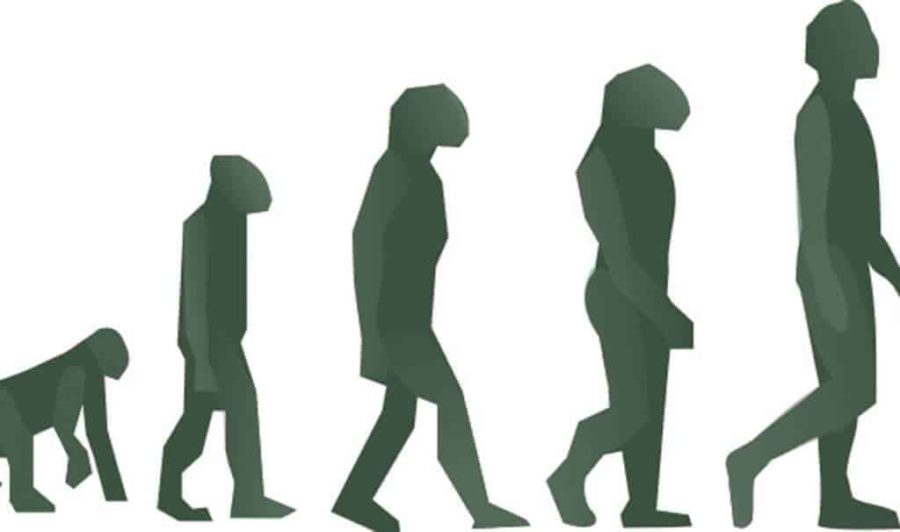Evangelicals are more skeptical of evolution than of climate change, according to new research from Rice University.
“Examining Links Between Religion, Evolution Views and Climate-Change Skepticism” appeared in a recent edition of the journal Environment and Behavior. The study examines the larger “anti-science” tendency that some see as related to membership in conservative religious groups such as evangelical Protestants.
Using national survey data, Rice sociologist Elaine Howard Ecklund examined the link between evolution skepticism and climate-change skepticism while considering religion’s association with both. The study included 9,636 people in the general U.S. population, which Ecklund said is up to 40 percent evangelical, dependent on how “evangelical” is defined.
The study was co-authored by Christopher Scheitle at West Virginia University, Jared Peifer at Baruch College and Daniel Bolger at Rice University. Ecklund is the Herbert S. Autrey Chair in Social Sciences at Rice and director of Rice’s Religion and Public Life Program.
The research revealed that about 20 percent of the U.S. population is skeptical that climate change is occurring at all or that humans have a role in climate change, and about 45 percent of the U.S. population views natural evolution as probably or definitely false. However, the researchers found that there is a much stronger and clearer association between religion and evolution skepticism than between religion and climate-change skepticism. Almost 70 percent of surveyed respondents identifying as evangelicals said that evolution is probably or definitely false, while only 28 percent of these individuals said that the climate is not changing or that humans have no role in climate change.
“This is different from the popular account that the people who oppose climate-change research and the people who oppose the teaching of evolution are the same and that evangelical Protestantism is clearly linked to both,” Ecklund said.
Ecklund and her co-authors hope the research will provide insight into how different science issues may or may not interact with religion and politics and help science policymakers more narrowly channel their efforts to address environmental care and climate change.


